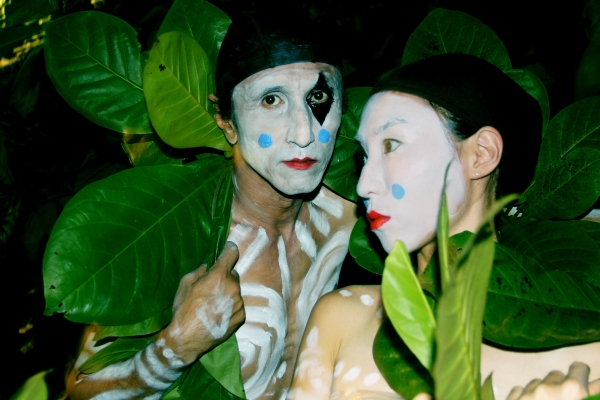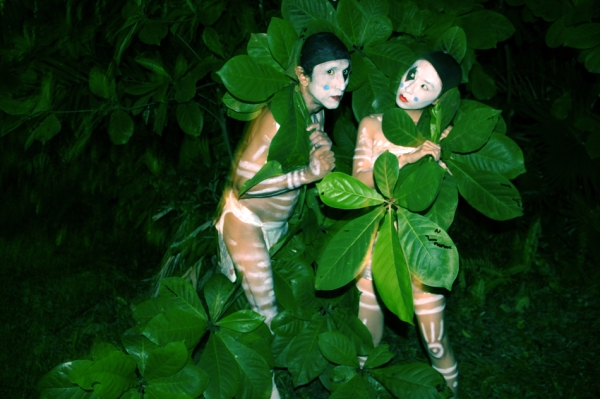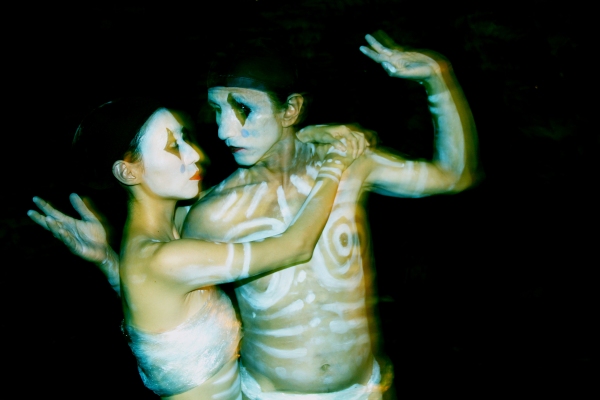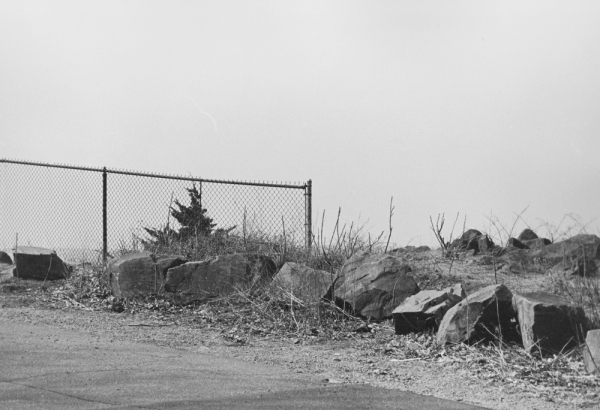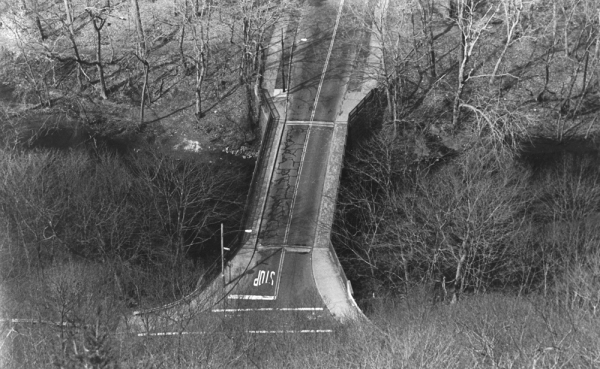I’m not sure where I’m going with this. I started this blog because I want to let loose some ideas I’ve been having for awhile, ideas about art and culture and the other things that sit in between or relate to both somehow. It’s a personal space, a space i can call my own for reflection on these things.
I’m really nervous about this. I have a tendency to over-analyze and feel the need to qualify everything I say. Please bear with the verbose tangents and places where my writing gets unfortunately academic.
The impetus for this blog came when a friend, freshly back from art school in London, began making comparisons between London and Singapore. We were sitting around a table in Maxwell food market, the air thick with oil and heat, a young man with an injured leg hopping on his crutches up and down the length of the hawker centre, dragging behind him an amplifier on a trolley cart, singing popular Hokkien songs for a buck or two.
My friend began talking about things she loved about London and the arts scene; there, because the arts is in the lifeblood of the city, she felt like her work mattered. In London, there was a much wider and freer sense of what art was, what it could do, and why it mattered. She talked about how it felt like the reverse here. The more she spoke, the more fatalistic she got.
Another friend, who did a stint at MICA in Baltimore understood what the first friend meant. The second friend described her experience in the states as very enabling creatively. On the other hand, when she’s home, she finds herself making cliched work, work that depends on an appealing but tired aesthetic.
I found myself agreeing with that statement; I did a year-long exchange programme at Yale, and there I observed something similar within myself. I’d run into major creative blocks before leaving for the states – I barely drew, feeling my vocabulary exhausted, and my stories were hackneyed scenes of local life, nothing I was truly passionate about, but which I nonetheless felt compelled to comment upon, if only for the possibility of creating a relatable piece of insight. When I was at Yale, I found myself inspired to create again.
So why this blockage at home? I’ve put mine down to several hang-ups. When I’m overseas, I’m too new to know the rules, I just do. Here, I’m much more connected to the flow of things – I know the state of play – the work being done, the management policies, the way art is written about and circulated – and that knowledge of particular limits becomes, well, limiting. But there’s something else too – when I’m at home I feel as though I have to write from the place that I live in.
It’s a funny notion, writing from a place, as if it’s a fixed coordinate. As if there is a criteria, a checklist to what it means to be, hmmm, a young adult of Chinese ethnicity living in Singapore. Sure, there are commonly shared experiences, but beyond that the shapes are less distinct, none of which fall into particular moulds.
While I’d intellectually understood the fact that identity is never solid or stagnant, I’ve clung to a solid sense of self for the longest time, defining it in particular ways. I spent Winterbreak vacationing in Mexico with friends for about three weeks. For those three weeks being away from the familiar confines of my dorm, the usual streets I walked to class, the neo-gothic buildings, I felt my self stripped to the stuff in my suitcase and my passport. My personal culture was slowly changing, the little habits I had, the way I dressed, the way I spoke to people, and I felt so estranged from the self I was for months during the school term. And then I realized the exact same thing had happened when I first arrived in New Haven – bereft of familiar confines, the usual routines, I felt un-myself . I went about for the first two weeks of school feeling a little like a ghost.
I was being unmade, and re-made. I’m not sure when I realized the potentiality of this situation, or why it took me so long to do so. When I am in a foreign place, it’s a marked opening of my personal world – my personal system – to a much wider system (or systems). It took me a stint overseas, becoming truly unmoored from my usual circuits, to witness in a dramatic way the fact of my amorphousness, my changeability, and to become comfortable with it. It’s this amorphousness that gives a sense of greater potentiality, a move away from an old system.
And so, with this very basic fact that identities are fluid and changing all the time, not solid coordinates but a series of ripples, changing with every movement, there just isn’t a place we create from. We create from multiple places that are coalescing and becoming and dying all the time, even at home where the roads are well-trod.
So why have I begun to write? I guess I want to look at what it means to create from the individual places we come from, while rooted in this physical space (coordinates 1.3667° N, 103.7500° E). There’s been a shift lately in realm of the arts and culture in Singapore, a very tangible one, and there needs to be people talking about what’s going on, tracking it’s movements, clarifying its patterns, breaking it down play by play, to write commentaries and histories that disagree with each other, to make the field as heterogenous as possible.
